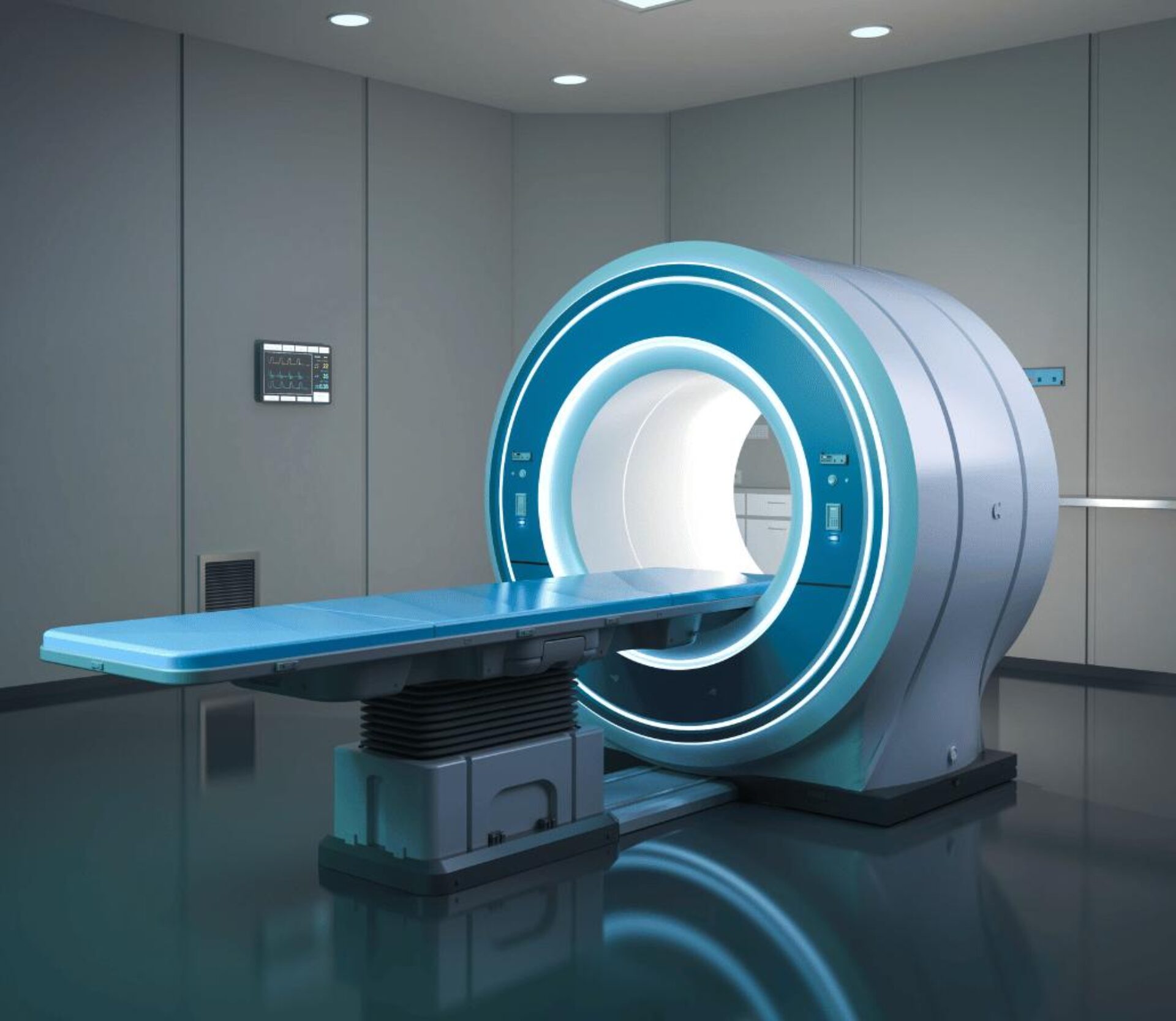A recent BBC news article highlighted the opportunity for radiologists and radiographers to adopt AI into the diagnostics procedure for assessing broken bones, in order to reduce the number of missed fractures and breaks, and speeding up the diagnosis.
This is just one off a number of opportunities associated with the adoption of new technologies such as artificial intelligence (AI) and machine learning (ML) techniques in diagnostics to support clinical environments to reduce the backlog of outstanding appointments, as well as improve the rates of accurate diagnosis to reduce the number of follow-up appointments made when an initial assessment might be incorrect.
In the same article, the National Institute for Health and Care Excellence (NICE) is referenced, estimating that broken bone diagnosis is missed in between 3-10% of all assessments, and is the most common error in emergency departments. This being the case, the speed and accuracy associated with AI being used to work side-by-side with clinicians should make their jobs easier.
How will AI feature in diagnostics?
There is well documented potential for using AI in UK healthcare, enhancing speed, accuracy, and predictive capabilities. A McKinsey report (“Precision medicine: Opening the aperture) highlighted how artificial intelligence’s ability to reduce errors by over 30% – with one specific tool being used to diagnose lung cancer earlier, leading to improvements in treatment outcomes.
Accurate diagnosis of breast cancer and other rare diseases is being improved at a significantly quicker rate thanks to the adoption of new technologies. The ability to analyse genomic data (often large quantities of complex information) is a “game-changer” in effectively treating disorders as quickly as possible.
In October 2024, it is estimated that vacancy rates are 12.5% for radiologists, and 15% for radiographers in data published in the long-term plan for the NHS in England. Through the integration of AI tools alongside diagnostic clinicians could reduce workloads, alleviate waiting times for patients, and improve outcomes which can bring vacancy levels – often associated with burnout caused by pressures of the role – down.
Looking for expert support with your recruitment needs?
Compass Associates offer award-winning recruitment services for the Independent Health, Care and Education Sectors. With a proven track record across high-volume projects, strategic hires, team mobilisations, and sensitive transitions such as business sales or listings, we tailor our approach to your unique goals. Register your vacancy or read our case studies to discover how Compass Associates can support your success.
Looking for your next role within Healthcare?
You can check out all the current vacancies we have available via our jobs page.
